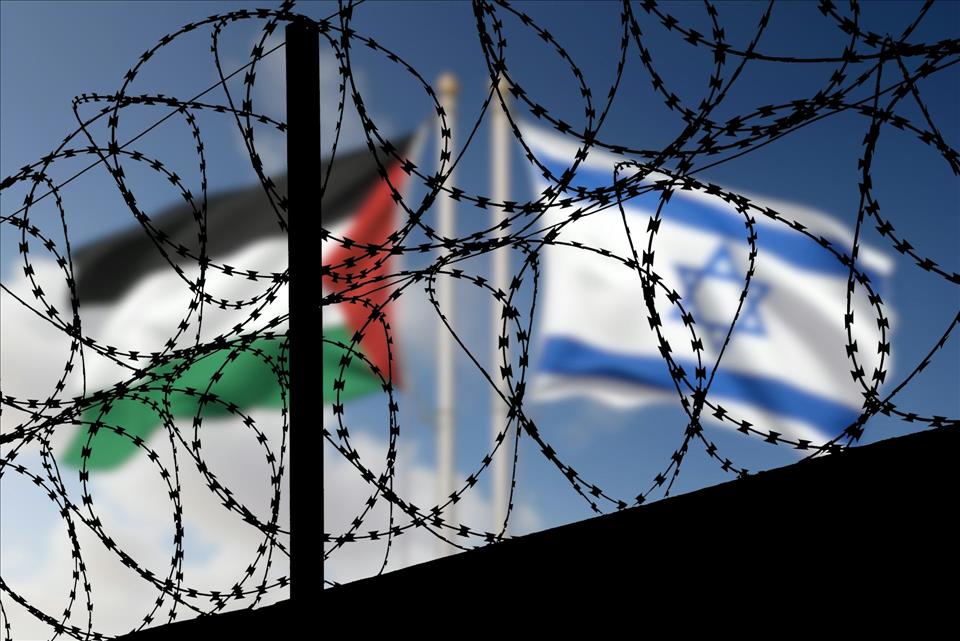
October 7 Two Years On: Israelis And Palestinians Caught Between Two Conflicting Ideas Of Peace
Two years after October 7 , one Israeli wrote on X about the shock he experienced when the war began:“When the first reports started rolling in that the [IDF] outposts had been captured ... I, a former observation platoon commander, knew that in those outposts there were also young female observers, without weapons, without real protection.
"A few months earlier, I managed to quit using [anxiety drug] Clonazepam. When I read the messages, heard the voices, I felt I was going to pass out. I took two tablets. On the same day, in the afternoon, I found myself checking the door to my flat multiple times. Not to lock it, just to make sure, as if checking would protect me.”
This personal story, from a person in Tel Aviv, who was geographically far away from where the Hamas attack was taking place, is common among Israelis. To a people raised on stories of countless pogroms and the horror of the Holocaust, October 7 brought echoes of Israel's collective memories of innocents being yanked out of their homes by brutal killers.
The atrocities of October 7 and their horrific and detailed documentation, ubiquitously disseminated on traditional and social media have created a nation stuck in a loop , unable to move on and largely unable to acknowledge all the horrific things it has done since. The reason for this inability to move forward and reflect backwards is the endlessness of the war.
Another Israeli wrote the following on X :“The 7th of October will never end (at least not in our lifetime); it is a wound that will remain ... Even in 15 or 50 years, we will feel those itches in our bodies as the date approaches ... But amidst all this, our most basic desire is to try and heal, because that's what humans do – things get destroyed and ruined, and people try to rebuild. As long as the war continues and the hostages are still in Gaza, even that attempt cannot happen.”
In the meantime, the destruction and death in Gaza Israeli soldiers have witnessed or taken part in haunts them when they return home after their tours of duty. PTSD and suicide cases have spiked . Thousands are in treatment in military hospitals, while many thousands more are thought to be suffering untreated.
Palestinians struggle to surviveBut for the people of Gaza, returning home is currently an impossibility. Hungry , exhausted and repeatedly displaced , ordinary people are fighting a daily struggle to survive. A video posted on X by Arab 48 (a Palestinian news website based in Haifa) provides powerful testimonials collected during the war.
One person from Rafah, sitting outdoors with his family to cook food, explains (in Arabic – my translation):“If the occupation ends, there will be no wars or struggles ... we can live in peace, we [the Palestinians] will have a state, they [the Israelis] have a state, there will be no problem, the suffocating [situation] will end, our lives will stabilise.”
In one particularly heartbreaking scene in this report, one Palestinian family roaming Gaza with the few belongings they have left stops next to a pile of rubble which was once their home. The father reflects on:“A year of war, a year of anxiety, a year of sorrow, of fear, of homelessness. We left our beautiful, calm, safe, stable home, for a life of homelessness, suffering and anxiety, carrying all that we have with us. [We suffer from] a lack of food, poor health, and have no security.”
Another video within this report shows a man returning with a backpack to a big tent where his wife is waiting for him. He immediately collapses on a chair, dehydrated, as she splashes water on his face to help him regain strength. The caption to this segment reads:“His 'peaceful' return to his tent after trying to secure food for his family from the relief trucks.”
One man's daily mission: find food and stay alive. X
Peace for this man has been reduced to coming home alive from a trip to the food distribution centres, now dangerous places where many Palestinians have been shot by IDF soldiers.
After two years of conflict, there must be a way to bridge the unfathomable distance between these two visions of peace. Trump's grandiose vision of peace as the“greatest day in civilisation” for which he is congratulating himself in advance. And the reality for two million people in Gaza, for whom peace is merely living to see another day without starvation.

Legal Disclaimer:
MENAFN provides the
information “as is” without warranty of any kind. We do not accept
any responsibility or liability for the accuracy, content, images,
videos, licenses, completeness, legality, or reliability of the information
contained in this article. If you have any complaints or copyright
issues related to this article, kindly contact the provider above.
Most popular stories
Market Research

- BC.GAME News Backs Deccan Gladiators As Title Sponsor In 2025 Abu Dhabi T10 League
- Solotto Launches As Solana's First-Ever Community-Powered On-Chain Lottery
- Betfury Is At SBC Summit Lisbon 2025: Affiliate Growth In Focus
- Solo Leveling Levels Up: Korean Billion-Dollar Megafranchise Goes Onchain With Story
- Ethereum-Based Defi Crypto Mutuum Finance (MUTM) Reaches 50% Completion In Phase 6
- Nigel Farage To Headline At UK's Flagship Web3 Conference Zebu Live 2025




















Comments
No comment